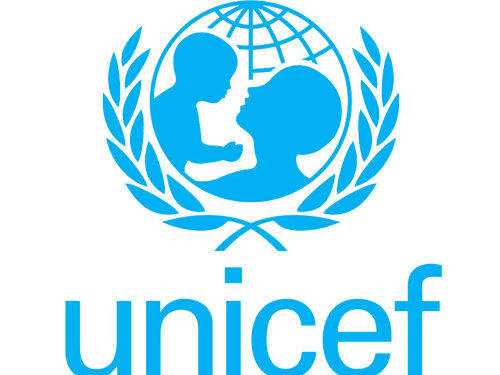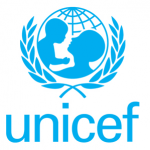Climate change affects children first from air pollution and heat stress to floods and disease outbreaks. The UNICEF Climate Innovation Challenge invites tech startups in emerging economies to help protect children’s health and reinforce community resilience. For MSMEs and innovators in Africa, this is a chance to receive funding, mentorship, and global exposure while tackling urgent climate-health issues in your region.
What You’ll Gain (Benefits)
Up to USD 100,000 in funding (via UNICEF’s Venture Fund)
At least 10 hours of technical mentoring (open source, business strategy, frontier tech, DEI)
Tailored support to improve your investment readiness
Access to UNICEF’s network, visibility, and potential additional financing
Who Can Apply (Eligibility)
You must meet all of the following:
A legally registered for-profit company in a UNICEF programme country
Have a working prototype or MVP showing promising results
Be willing to make your solution open source or adopt open source practices
Demonstrate clear potential to improve outcomes for vulnerable children
Provide data that is publicly accessible, measurable, and in real time
Focus on one of the two target themes below (or both)
Focus Areas
Theme
Sample Use Cases
Climate & Health
Air quality sensors, lead exposure reduction, climate-aware disease prediction, low-cost cooling in health centers or schools (UNICEF)
Adaptation, Resilience & Disaster Risk
Community early-warning systems, parametric insurance, blockchain validation for climate data, resilient infrastructure planning (UNICEF)
Additional preferences:
Designed for low-resource environments (low connectivity, limited infrastructure)
Serve diverse users, reduce inequality, support multiple/local languages
Uphold data protection, child safeguarding, and responsible tech practices
Also encouraged (though not strictly required):
Women-led or youth-led start-ups (founder/leader under 35)
Duration & Key Date
Application deadline: 21 October 2025, 11:59 PM CET
After selection, mentoring and support follow in phases through UNICEF Venture Fund’s grant cycle
Application Tips & Common Pitfalls
Focus your problem statement. Start by clearly describing a climate-health issue in your local context (e.g. “seasonal floods worsen waterborne disease in region X”). Then show how your tech addresses that.
Show traction, even if modest. Pilot tests, user feedback, or early clients signal you are more than just an idea.
Be precise with your metrics. Rather than vague goals like “scale in Africa,” define targets (e.g. “reduce child exposure to PM2.5 by 20% in 100 households”).
Explain your open source plan. If your solution is not already open source, outline steps and licensing you will adopt.
Include a risk assessment. Acknowledge possible challenges (connectivity issues, hardware maintenance) and your mitigation plan.
Test your submission in advance. Some parts may time out or reject large file uploads; draft long answers in a text editor first.
Review for alignment with UNICEF values. Ensure your model is inclusive, does not exacerbate inequality, and respects data/privacy for children.
Seek external review. At least one person with grant or tech experience should read your draft and flag unclear parts.
Common missteps to avoid:
Overestimating your team’s capacity or underestimating execution challenges
Proposing solutions requiring heavy infrastructure in low-resource settings
Submitting gaps in legal registration or unclear company structure
Ignoring data protection or child safeguarding considerations
How to Apply
Visit the UNICEF Venture Fund’s application page for the Climate Innovation Challenge
Complete the Expression of Interest (EOI) form (takes ~30 minutes)
Fill sections on team, prototype, technology, metrics, use of funds, etc.
Submit before 21 October 2025, 11:59 PM CET
If you experience technical issues, check UNICEF Venture Fund’s FAQ or reach out to their support contacts via official channels.
This is a strong opportunity for African innovators and startups in emerging economies to build technology that protects children from climate threats while advancing their own growth.










